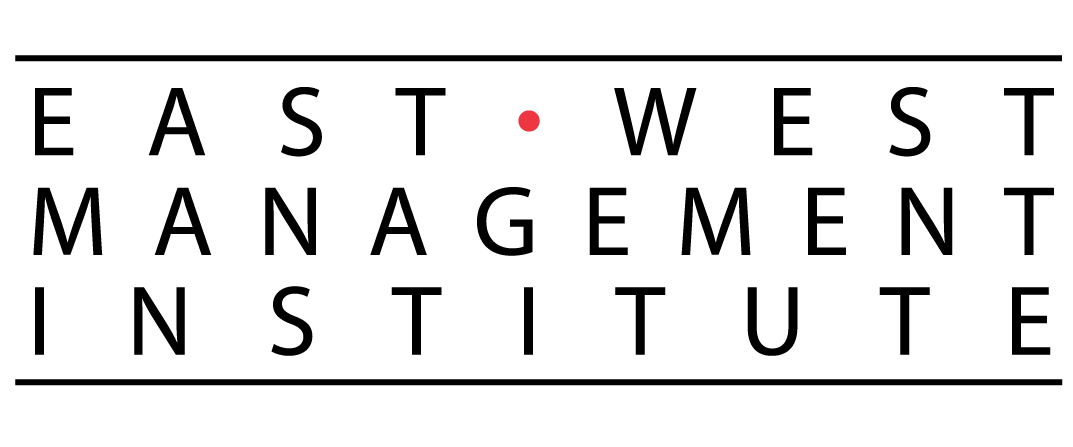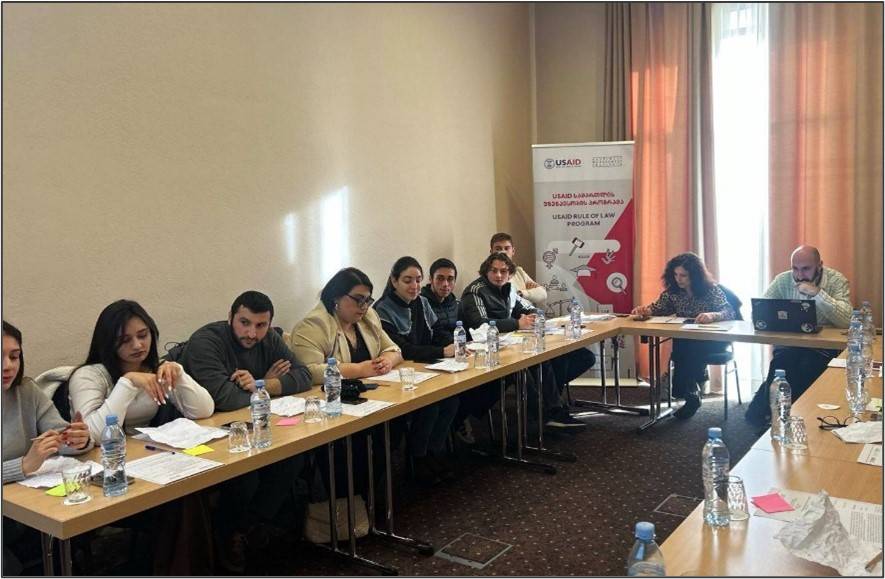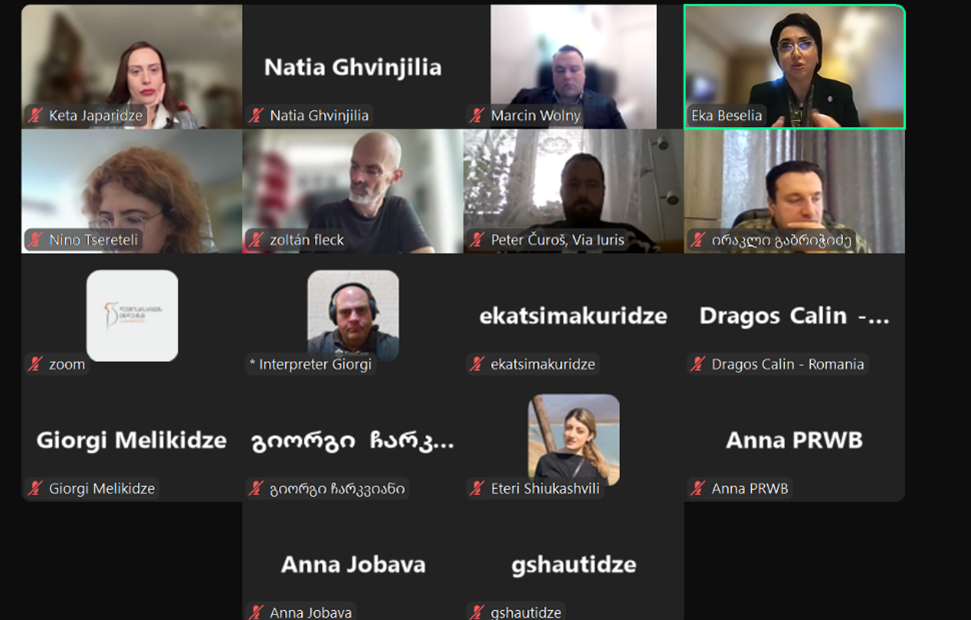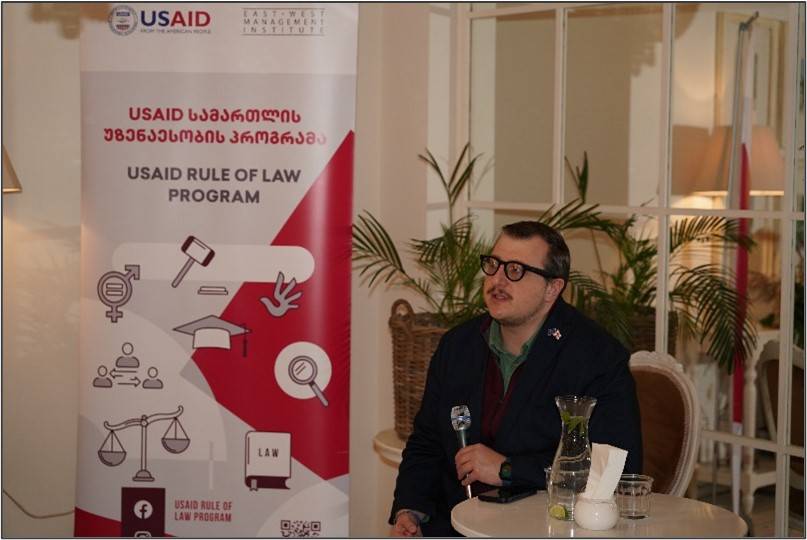Georgian Judges Review 2023 Constitutional Court Judgments
On February 20, 2024, the USAID Rule of Law Program organized a webinar for common court judges who are members of the Rule of Law Practice Groups and alumni of judicial exchange programs. The webinar gave an overview of the 2023 judgments of the Constitutional Court of Georgia.
Giorgi Chkheidze, Chief of Party of the USAID Rule of Law Program, opened the event. Irakli Ksovreli, the Head of the Legal Provision and Research Department of the Constitutional Court summarized the Court's work in 2023, identifying and analysing landmark judgments and main trends in the evolution of constitutional standards. Twenty-three common court judges from all three court instances attended the webinar.
One case reviewed by Mr. Ksovreli, Gia Poladashvili v. Parliament of Georgia, sparked significant interest and interaction among participants, as it pertained to a Civil Procedure Code (CPC) section applied by the common court judges on a daily basis. The impugned rule required that claims should not be admitted for consideration if they were filed even with a minor CPC compliance error. The Constitutional Court declared the rule unconstitutional as it excluded the possibility of fixing the minor noncompliance error by the complainant without termination of the case. As a result of the ruling, Parliament adopted a new rule, which states that if the problem can be eradicated by instructing the complainant on how to fix the problem and if the problem does not prevent the court from sending the claim to the respondent party, it should be admitted. Participants shared their experiences with application of this new legislation and expressed their opinion on how much change the constitutional judgment generated in the practice of common courts.
Another judgment, Tsiala Pertia v. The Parliament of Georgia, raised the issue of indirect discrimination. The complainant claimed that the fact unregistered marriages are not legally recognized in Georgia disproportionately affects women and puts them in a vulnerable position. Although the Court did not uphold this claim, as it was not supported by the statistical data obtained by the Court, the expert noted that the case is a landmark from the perspective of further development of constitutional tests of direct and indirect discrimination. Discussion prompted lively debate among the common court judges, as some of the participants had to consider cases related to unregistered marriages in the past and especially since this specific complainant had pursued her case through all three court instances. Supreme Court Justice Nino Bakakuri talked about the Supreme Court judgement in the case of Tsiala Pertia (the complainant) and how standards adopted by both courts were similar and also aligned with the standards of the European Court of Human Rights.
Recognizing the webinar as the first in a series on Constitutional Court judgments, participants expressed a desire to take part in subsequent events focusing on individual judgments for more in-depth discussions. These discussions will consider the interests of common court judges and the relevance of constitutional standards to their work. Irakli Ksovreli noted the scarcity of opportunities for representatives from both court systems to interact and exchange opinions on complex legal issues, highlighting these webinars as forums for common court judges to provide feedback on Constitutional Court case law and offer insights on the practical effects of judgments.







